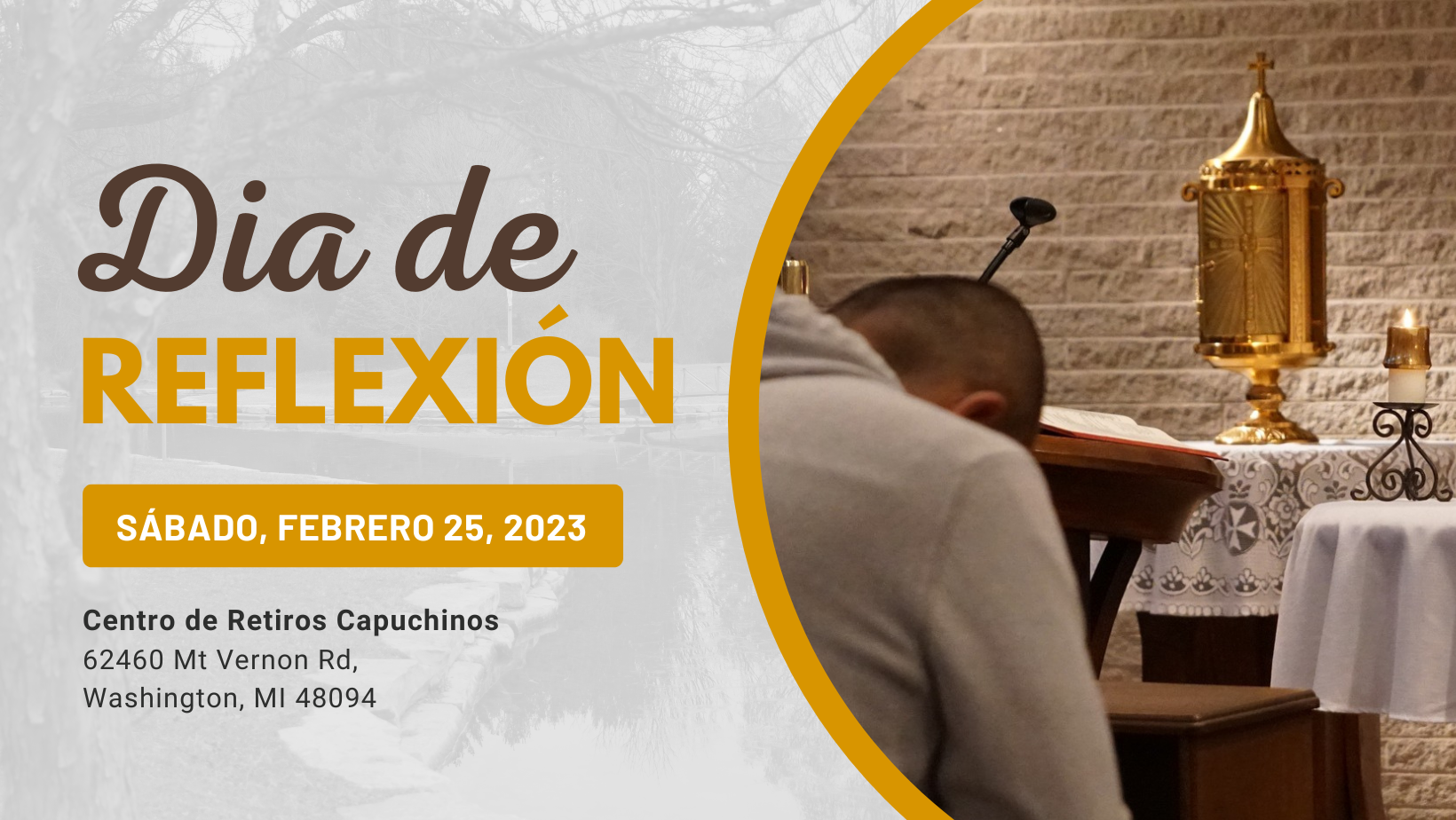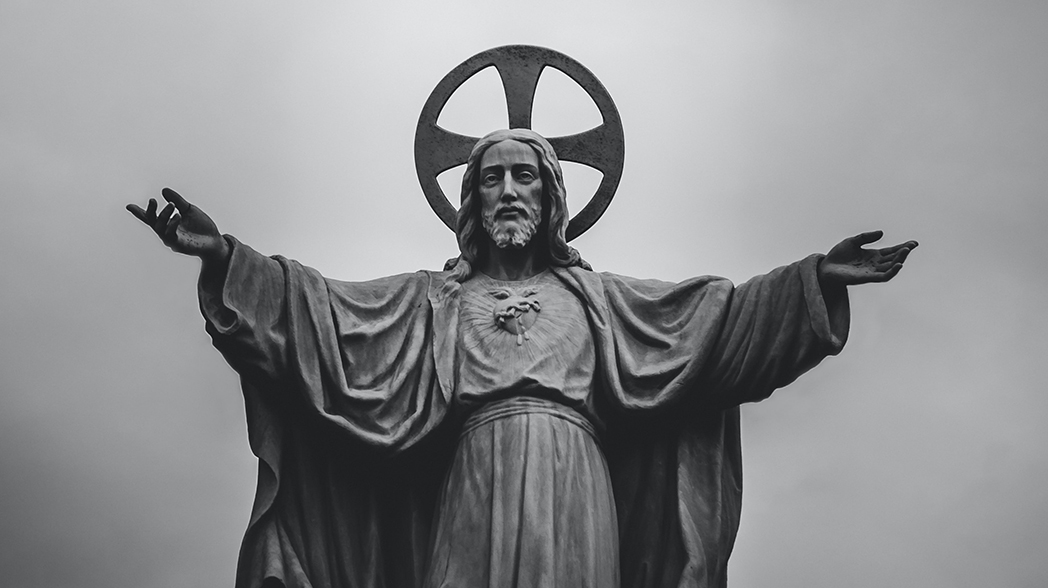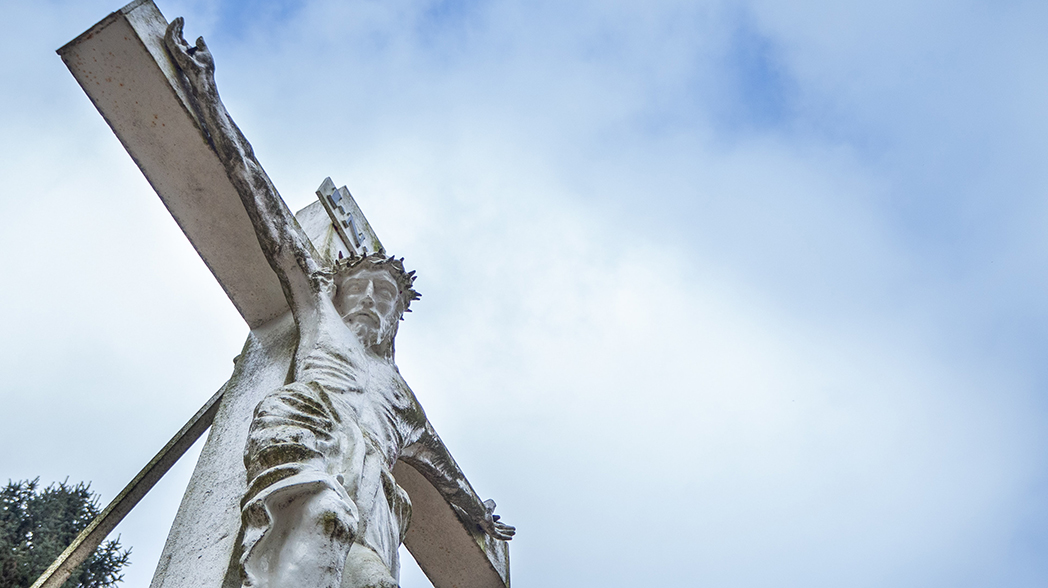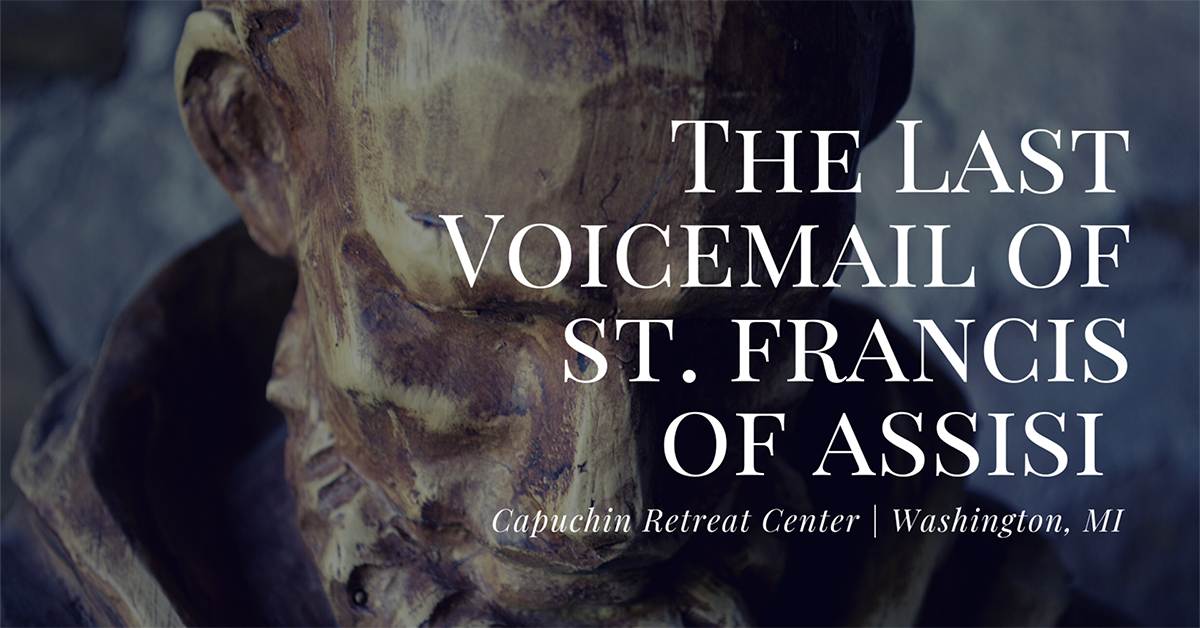By Fr. Tom Zelinski, OFM Cap.
This past Sunday, the 4th Sunday of Easter, we celebrated “Good Shepherd Sunday.” This is always the case with the 4th Sunday because there is always a Gospel with imagery about Jesus as Shepherd. It is interesting to me that the image of Jesus as Good Shepherd has remained so popular and appealing to people down through the centuries. Most of us have no direct contact with sheep or shepherds, and yet there seems to be some sort of comfort or assurance that people feel with this kind of imagery.
There is of course the famous 23rd Psalm which is a favorite prayer of many people. “The Lord is my shepherd. There is nothing I shall want.” It is a prayer of confidence, especially in difficult times.
In the Sunday Gospel we hear Jesus saying that his sheep hear his voice. They follow him and he gives them eternal life. Who are these sheep? Ourselves, of course. Do you and I hear his voice? The voice, the message, indeed comes to us in many different ways. First of all it comes through the scriptures and then through the traditions of the Church.
But the voice of the Shepherd also comes to us in many ways in our life experiences. It starts with our parents and what they try to teach us as little children and as we grow up. The voice comes to us through other teachers, pastors, coaches, mentors all through life. The voice comes to us whenever anyone tries to do good for us and to help us along the way.
We, in turn, become that voice, as we also reach out in any manner of love, compassion, instruction to other people. And so, Jesus says “My sheep hear my voice.” The voice, the message is always there in one way or another. We need to keep listening.
In these days of warfare and news of violence and civil strife, can we hear a voice of sanity, of peace, of justice coming through all the noise? Let us indeed keep listening for that voice of our Shepherd.









